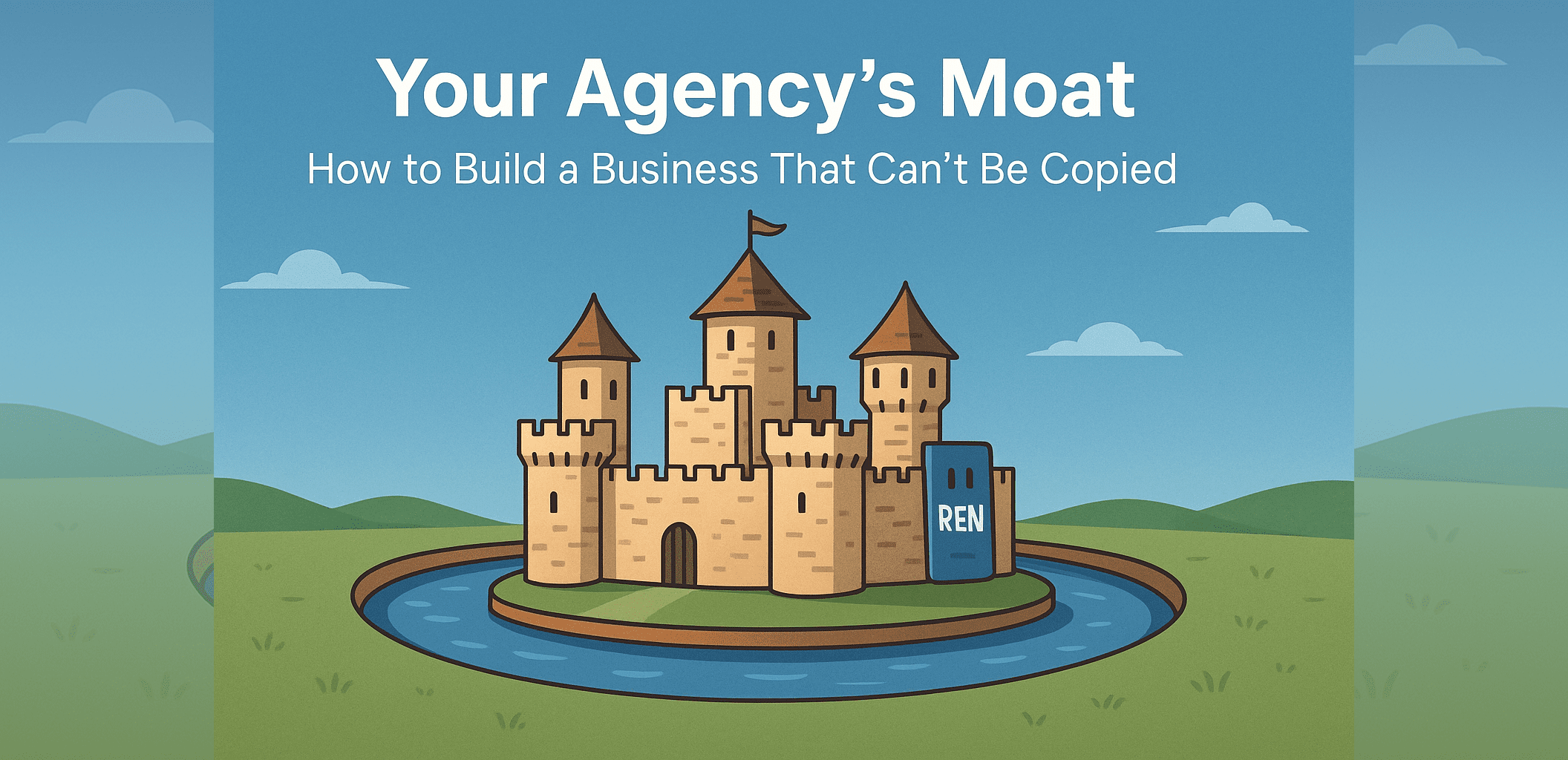Your Agency’s MoAT: How to Build a Business That Can’t Be Copied

From the outside, most property agencies in Malaysia look formidable—branded offices, large teams, impressive logos. But peel back the facade, and you’ll find a business with no real defense. Agents are poached, 'exclusive' projects rotate, and illegal operators consistently undercut on speed and price. Agents leave for higher payout schemes, project appointments rotate, and illegal operators undercut with speed and shortcuts.
Logos, headcount, and even data systems are not moats. They are convenient. They can be copied, replaced, or outspent. A real moat—the kind that competitors cannot cross—comes only from alliances that dominate the market.
Why Small Defenses Fail
Data. Verified inventory is valuable, but a richer portal can buy exclusivity tomorrow and your edge is gone.
Systems. A better CRM can be built, bought, or licensed by anyone with a budget.
Reputation. Trust matters, but even strong brands bleed talent when higher payouts are dangled.
Culture. Training and retention help, but ambitious negotiators still spin out to start their own firms.
Developer projects. “Exclusive” launches feel like a prize, yet there are many developers and appointments rotate—today’s exclusivity is tomorrow’s memory.
None of these create an uncopyable defense. They’re tools, not moats.
The Only Real Moat: Alliances That Lead the Market
The advantage that can’t be replicated overnight is collective scale and shared standards. An alliance doesn't just add agencies together; it multiplies their influence. When agencies align, uphold quality rules, and lift professional standards together, they become the default market. New entrants are left with two choices: join the network or compete against a giant.
The EU Analogy
Think of the European Union. Individually, member states are meaningful; together, they set standards, shape trade terms, and become the default market others must adapt to. Countries outside the bloc can trade with it, but on the bloc’s terms—or they negotiate, often from a weaker position. That is a moat born of alignment and scale, not of any one country’s logo, office, or internal system.
In property, a dominant alliance functions the same way: once it concentrates listings, buyers, and professional norms, the market tilts toward it. The choice for newcomers becomes simple—join and gain access under shared standards, or compete against a network whose scale, trust, and rules define the game.
Conclusion: Build What Cannot Be Copied
Stop building defenses that can be copied. Start building influence that can't be ignored.
A market-leading alliance, built on shared quality rules and higher professional standards, creates a moat at the ecosystem level. It presents the entire market with a simple choice: join the network and thrive under its standards, or compete against the giant.
That is your agency’s true MoAT. It's time to start building it.











































































































